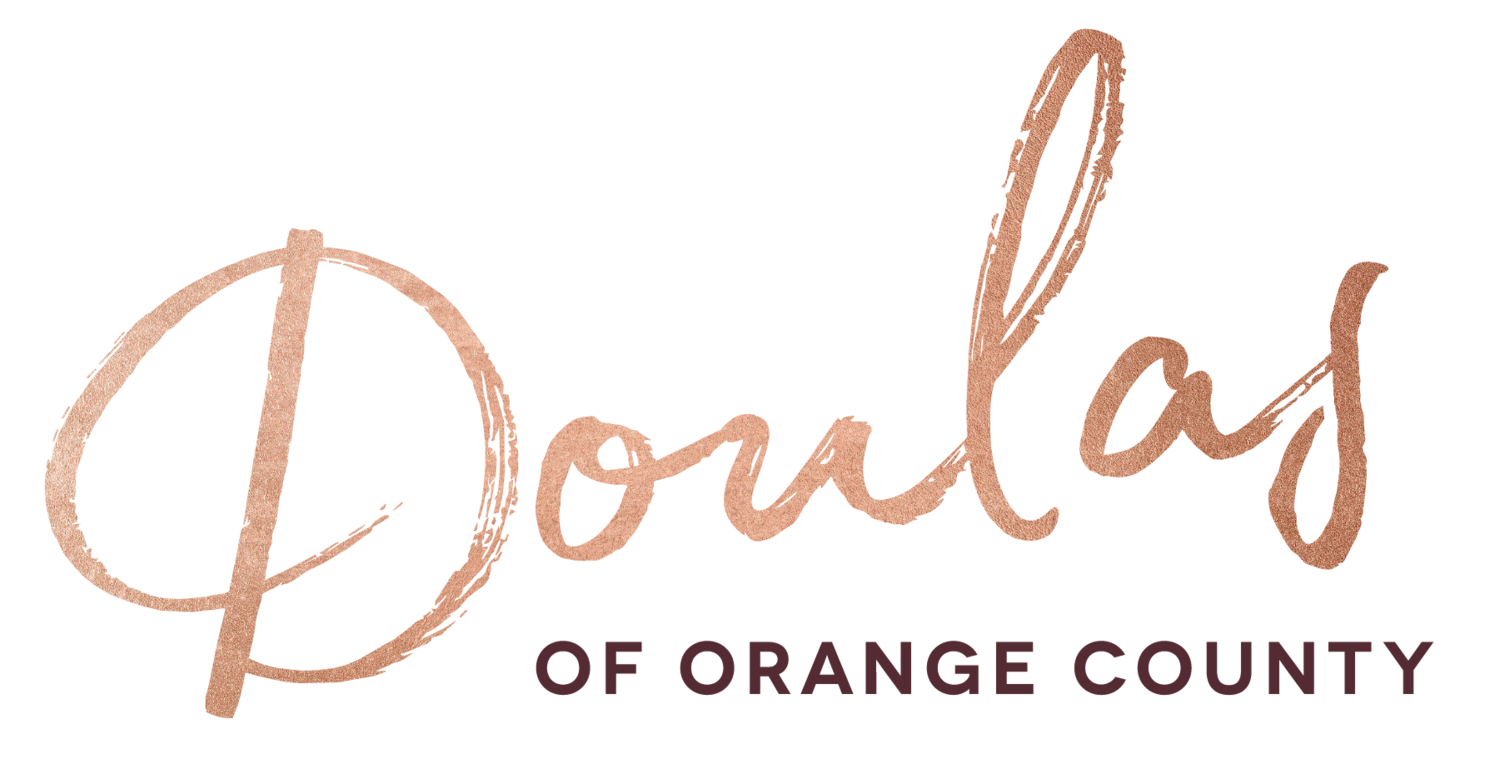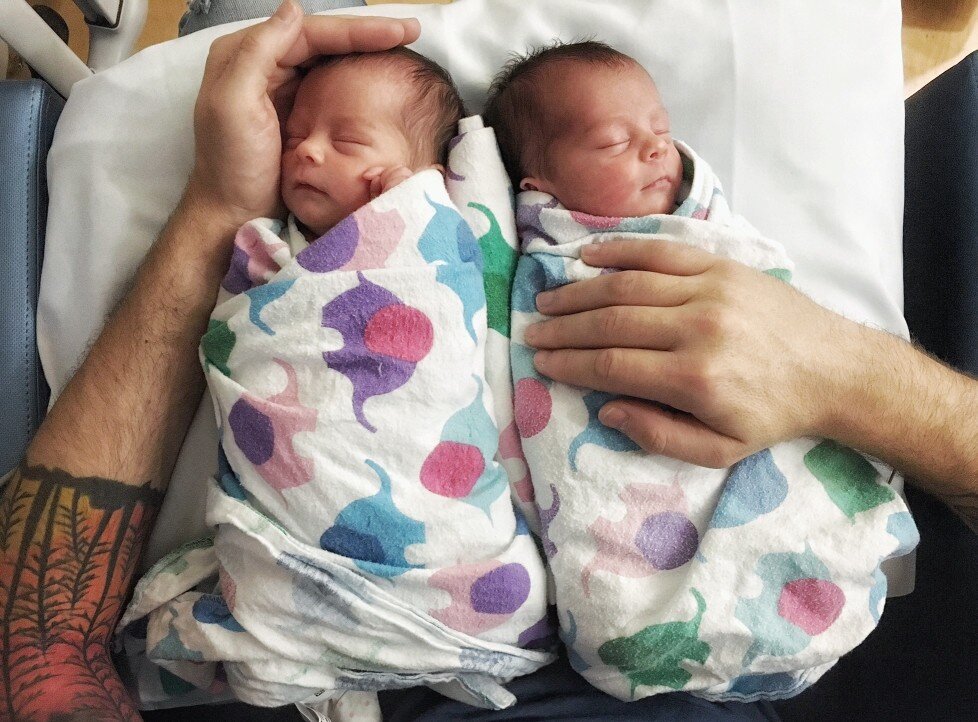The pandemic baby boom is in full swing and we are busier than ever! Truly, it’s not a bad problem to have, but it does mean we’re expanding our team and looking for new members! If you love birth & babies - whether you’re a seasoned birth worker or brand new - we want to hear from you!
Our unique matchmaking services seek to connect you to ideal clients in Orange County and all of Southern California! You set your own rates, create your own work schedule in conjunction with your clients, you choose your travel radius and you always have the final decision on which clients you want to work with.
We are actively seeking Orange County and Los Angeles birth workers who are able to provide non-judgment support and unbiased care. We welcome applicants from all backgrounds, including but not limited to people of color and LGBTQI+ individuals to join us in serving a wonderfully diverse population of families. Fluency in languages other than English is also a welcome asset.
If you...
Are a Trained/Certified Birth Doula, Lactation Counselor or Consultant, Postpartum Doula or Newborn Care Specialist or Childbirth Educator
Are Resourceful, Self Motived, a Problem Solver
Have a Professional Work Ethic
Are able to work in a Team Model and communicate efficiently with owners and colleagues
Are Compassionate and Creative
Able to provide Non-Judgmental Support of all client's needs and birth or parenting choices
Love Families and Children
Value Professionalism and Quality of Care
Can provide patient, helpful and Sincere Support to new & expecting families
Are Computer Proficient & Social Media Savvy
We offer...
Client inquiries and matchmaking to vetted families
Mentoring, support, and team camaraderie
Expense of company website, expos, marketing materials covered
Ongoing advertising and in-person networking done by owners
A reliable team of built-in dedicated backups in case of emergency
Open invitation to our virtual member group gatherings and continuing education opportunities (based on membership tier chosen)
We seek independent business owners who are trained and certified or actively working towards certification. We are looking for birth & postpartum professionals who are motivated, have ample and regular availability and the desire to nurture modern families in Orange County, Long Beach, the Inland Empire, Los Angeles, and San Diego.
If extended an offer to become a member of our team, the following will be required before receiving client referrals:
Certificate of completion for relevant trainings/certifications
CPR and First Aid certification
Verification of LLC or DBA or Business License (where applicable)
Copy of professional liability insurance
Valid driver’s license
Permission to run a background check
Completion of our contract
Completion of your online profile
Doulas of Orange County is a subsidiary of National Baby Co, LLC
(our national brand providing doula matching throughout the US)










